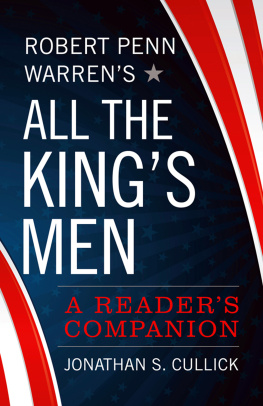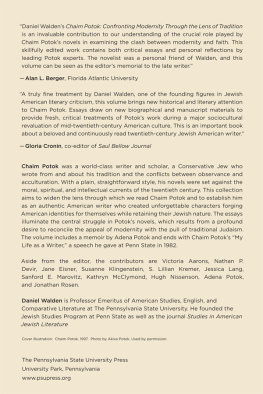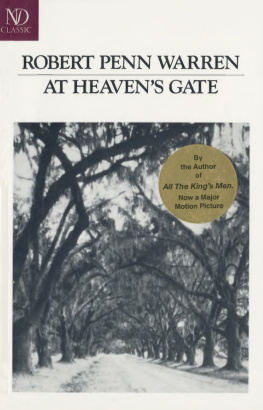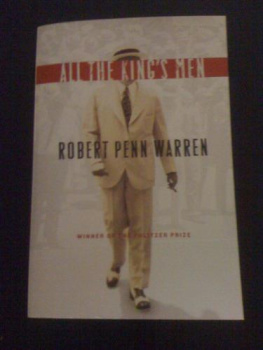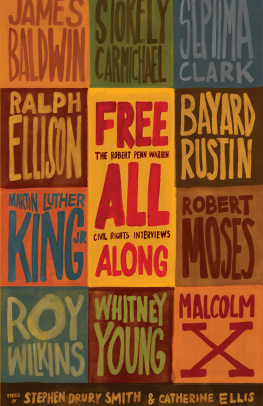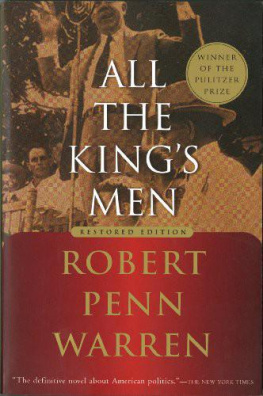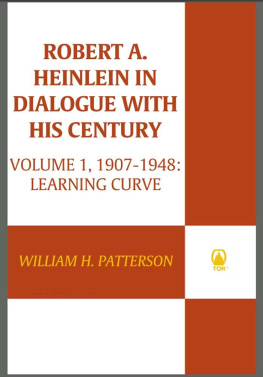
Robert Penn Warrens
All the Kings Men
ROBERT PENN WARRENS
All the Kings Men
A READERS COMPANION
JONATHAN S. CULLICK

Due to variations in the technical specifications of different electronic reading devices, some elements of this ebook may not appear as they do in the print edition. Readers are encouraged to experiment with user settings for optimum results.
Copyright 2018 by The University Press of Kentucky
Scholarly publisher for the Commonwealth,
serving Bellarmine University, Berea College, Centre College of Kentucky, Eastern Kentucky University, The Filson Historical Society, Georgetown College, Kentucky Historical Society, Kentucky State University, Morehead State University, Murray State University, Northern Kentucky University, Transylvania University, University of Kentucky, University of Louisville, and Western Kentucky University.
All rights reserved.
Editorial and Sales Offices: The University Press of Kentucky
663 South Limestone Street, Lexington, Kentucky 40508-4008
www.kentuckypress.com
Library of Congress Cataloging-in-Publication Data
Names: Cullick, Jonathan S., author.
Title: Robert Penn Warrens All the Kings Men : a readers companion / Jonathan S. Cullick.
Description: Lexington : University Press of Kentucky, 2018. | Includes bibliographical references and index.
Identifiers: LCCN 2018012000| ISBN 9780813175928 (hardcover : acid-free paper) | ISBN 9780813175942 (pdf) | ISBN 9780813175935 (epub)
Subjects: LCSH: Warren, Robert Penn, 1905-1989. All the kings men.
Classification: LCC PS3545.A748 A793 2018 | DDC 813/.52dc23
LC record available at https://lccn.loc.gov/2018012000
This book is printed on acid-free paper meeting the requirements of the American National Standard for Permanence in Paper for Printed Library Materials. for Permanence in Paper for Printed Library Materials.

Manufactured in the United States of America
Member of the Association of University Presses
For Cheryl
He could t-t-talk so good. The B-B-Boss could. Couldnt nobody t-t-talk like him.
Robert Penn Warren, All the Kings Men
Contents
Preface
Late in the summer of 2017, during the first week of school, my Facebook feed was filled with first-day photographs of children entering kindergarten, senior year of high school, and all grades in between. As I scrolled through my iPhone screen, I surveyed pictures posted by the parents of those eager boys and girls with bright backpacks and squeaky new shoes, all calling for plenty of like-button clicks. These images warmed my teacher heart. As a citizen, I took comfort in the uplifting photos. They provided a counterweight to the relentless, depressing, frustrating items passing across the news feed. This was the week when Charlottesville, Virginia, exploded in violence as neo-Nazis, Ku Klux Klan members, and other white supremacists marched in protest against the removal of a statue of Confederate general Robert E. Lee. They brandished signs and yelled slogans of hate against Jews, minorities, and immigrants. They shouted the Nazi slogan Blood and soil!, a message repugnant to the ideals of a pluralistic nationa nation founded not upon race but upon its citizens assent to the self-evident proposition that all human beings are created equal and endowed with the inalienable rights of life, liberty, and happiness. Opponents protested against the alt-right marchers, and one of the counterprotestors, a young woman, was killed when (as alleged at the time of this writing) a white supremacist drove his car deliberately into the group. Two police officers on airborne patrol were killed when their helicopter crashed.
Some of our nations leadersVirginias governor, US senators, former presidentsspoke to the nation in their attempts to settle the situation and quench the flames. Others chose to fan the fire. This was the choice of our elected officials in government: to calm the crowds or to rouse them, to be the quiet center of the storm or to be the storm itself. They enacted their choices through the rhetoric of their statements and words, their gestures and tones, their decisions to speak or be silent.
All the Kings Men is well regarded for being a political story. Based on the life of Louisiana governor Huey Long, it presents the career of a populist demagogue. Reaching back to the Civil War and taking the reader up to the brink of World War II, it is a novel about history and our use of the past. Fundamentally, though, the novel is about language. Politics is conducted through language. Demagoguery is a style of language. Populism is as much a manner of speaking as it is a political program. The novel intrigues us with its evolution of a politician who could not reach people through their intellects but learned how to move them by touching their beliefs, values, prejudices, and resentments. Charting the rise of an authoritarian figure such as the fictional Willie Stark or the all too real Huey Long, Benito Mussolini, Adolf Hitler, or George Wallace means analyzing his use of language. All the Kings Men troubles us because it forces us to realize that the list of those popular speakers I just named keeps growing. Robert Penn Warren called his novel an old drama of power and ethics. It is a new drama, too.
That is what stirs the discomfort of the reader ready to relax with Warrens novel and perhaps a cup of coffee, discovering that the narrative hits close to home, discloses something that cannot be ignored. I know a politician like this, the reader realizes. Maybe even I voted for someone like this. Who is that politician? Different readers will fill in the blank with different names. Not only is the drama old, but it also travels easily and can speak many languages. It is portable enough to be carried to any town or county or state capital in the United States. It can travel to another country. It can travel to Washington, DC. A man (its usually a man) who craves power, who develops the charisma to draw people to himself, and who develops the skill with language to seduce themthat story does not have a boundary. The story of we the people who lack something that he and only he can supplywe who have something within ourselves that feels so wounded that only he can heal itis a story unlimited by any place or time.
This is why we must read and re-read and continue to talk about All the Kings Men.
All the Kings Men is one of the great political novels in US literature. It was a best seller, won the Pulitzer Prize, and became an Academy Awardwinning movie. Depicting the rise and fall of a dictatorial southern politician, the timeless story with memorable characters raises questions about the importance of history, moral conflicts in public policy, and idealism in government.
This book that you are holding was conceived at the intersection of several interests and projects. The seventieth anniversary of any celebrated novel is an occasion for revisiting an authors work, but for the political novel All the Kings Man the anniversary year 2016 coincided with major national changes, global changes, and new anxieties. The time was right for revisiting the classic story of Willie Stark.
Accordingly, the Kentucky Humanities Council launched into the planning of a year-long Kentucky Reads program for 20182019, selecting All the Kings Men
Next page
